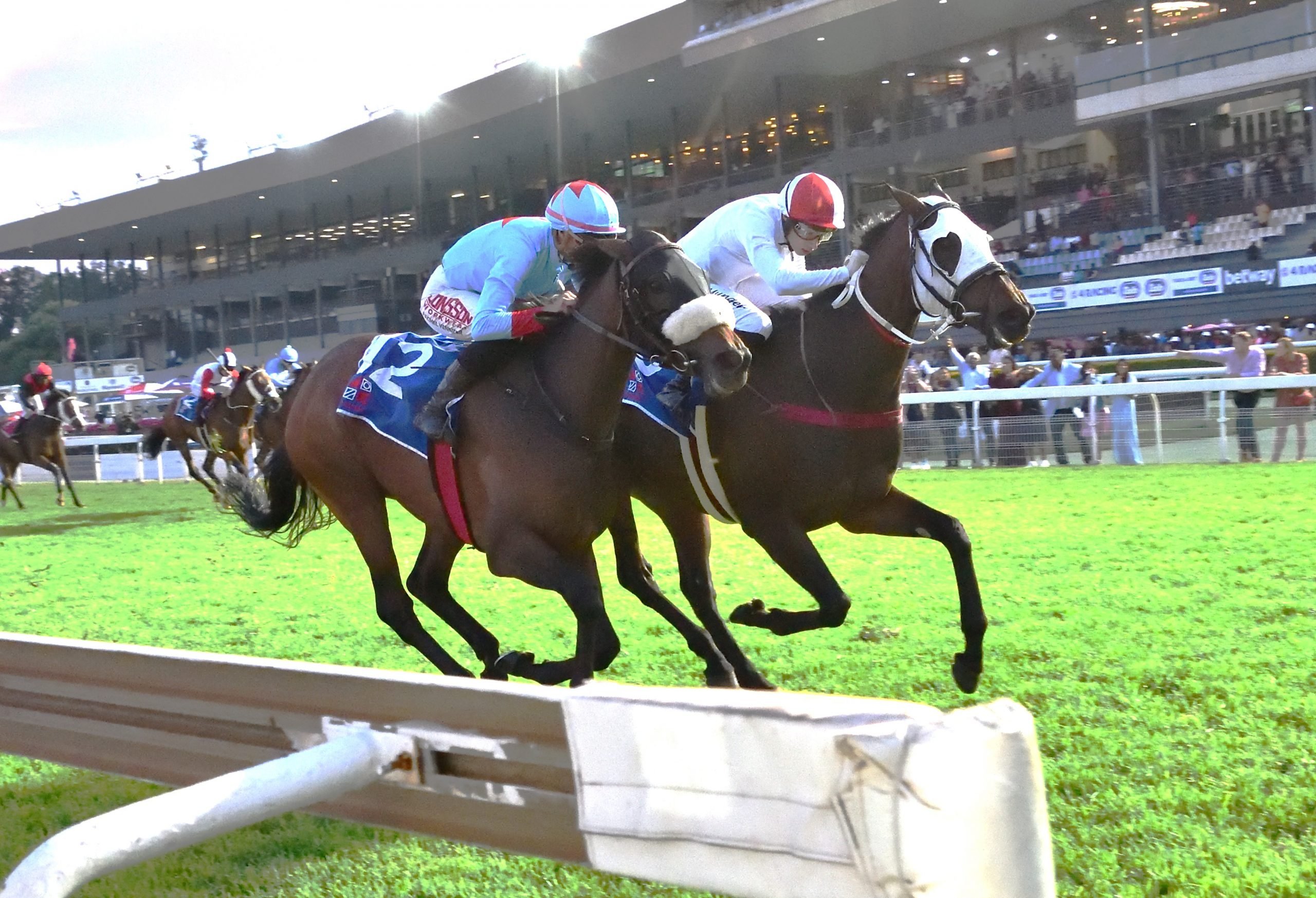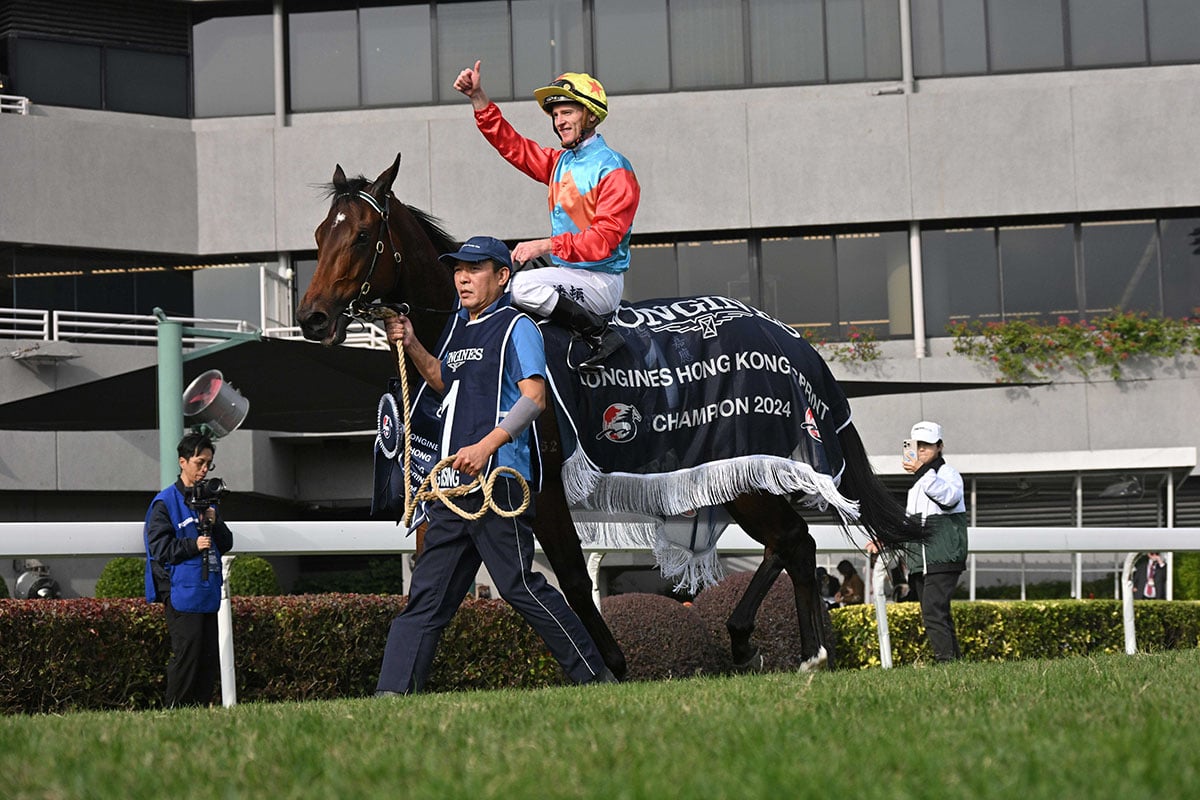This is a question that seems very topical if comments from betting operators are taken at face value. It is regularly mentioned that tote turnover is in decline and that this is expected to continue in future, writes Leon Smuts.
This in itself is not a huge concern as online gaming seems to be gathering good momentum, albeit not always racing related. Most operators have successfully diversified their businesses to make the most of this trend and their overall bottom line has not shown major strain because of it.
What concerns me is the impression that I am getting that the majority of the bigger betting operators have lost the belief in their core product and are more than willing to subsidise racing through other, more profitable operations. This does not bode well for the future of racing, hence the question in the subject line. Once the belief in something diminishes enough it is often a self fulfilling prophecy within a predictable timeline.
It would be very sad if this impression is indeed proven correct, since racing has offered a livelihood to many people over the years and it has been the source of many pleasurable hours to many punters, me included.
I believe that racing’s current model does not offer good growth prospects in the non-traditional market and that this shortcoming has to be addressed as a matter of urgency. Betting operators have done many wonderful things that they have not been given credit for but despite all their gallant efforts much needed growth has not been forthcoming. This has created an illusion that racing is dying and that efforts should be concentrated on finding alternative markets. This thinking is not without merit, but where operators have got it wrong in my estimate is that this excludes alternative racing markets. Racing is nowhere near its full potential and if positioned differently will have a very sustainable and profitable future.
Markets can be segmented in many ways. Traditionally this has meant age, gender, income, sophistication or geographical differentiation to mention a few. There is a much simpler and more appropriate way in which to view the market, pro gambling, anti gambling and neutral. The neutrals are numerically the most significant group but they could be swayed either way and therefore a much more subtle approach is required to get them involved.
Racing needs to reposition itself as an entertainment driven pastime to move the sport from socially acceptable to socially desirable, which will create endless new opportunities in the untapped non-traditional market. This is within reach if the product line-up were to include more entertainment driven formats with broader appeal than the very significant but limited current line-up. Current products focus on churn, a good concept in a slow growing market and given the preference of the current customer base. These products only have traditional appeal though, and do nothing to create new interest and increased exposure amongst the vital non-traditional market.
Racing can grow substantially if betting operators were to recognise this limitation and allocate more resources to introducing more entertainment driven multi-leg products. Cutting back on budgets and accepting the current decline as inevitable will not achieve a profitable or a desirable outcome for any of the industry’s stakeholders. Many things have to be done right and the majority already are, but this is doomed to failure in the absence of products with the right entertainment attributes. Once these products are available the correct distribution channels and marketing is still needed for successful implementation. These results will not happen overnight, but the foundation has to be laid for future growth which will gain traction along the way and ultimately re-establish racing as the premier entertainment and wagering activity.
A profitable racing contribution will add significantly to the bottom line and will complement the successful differentiation strategies that have been put in place. It needs small but meaningful steps aimed at the right target market to achieve this very achievable outcome.
So, back to the original question, is racing dying?
No, not unless we lose our belief in the sport, and condemn it to a secondary and subsidised venture.









